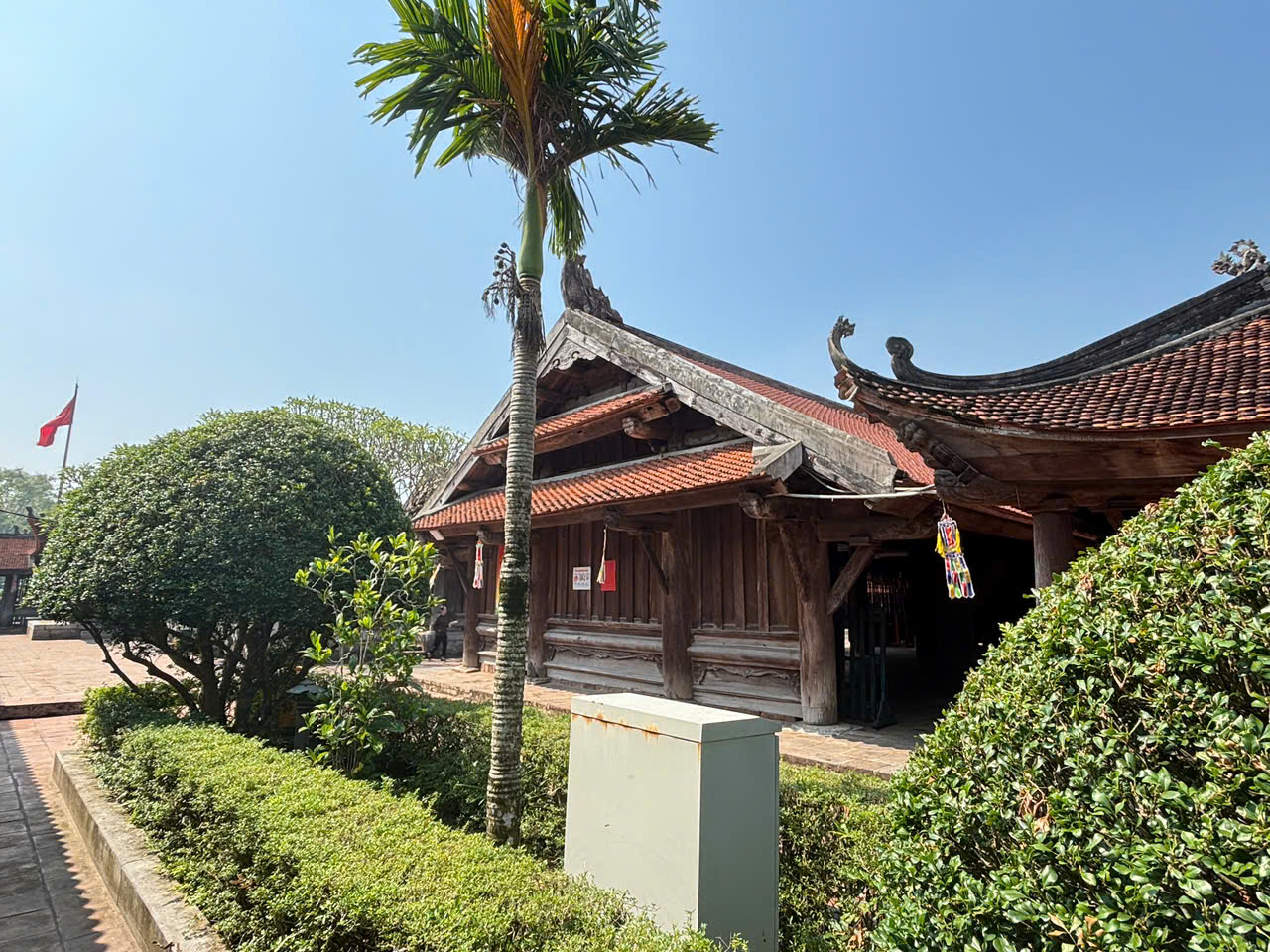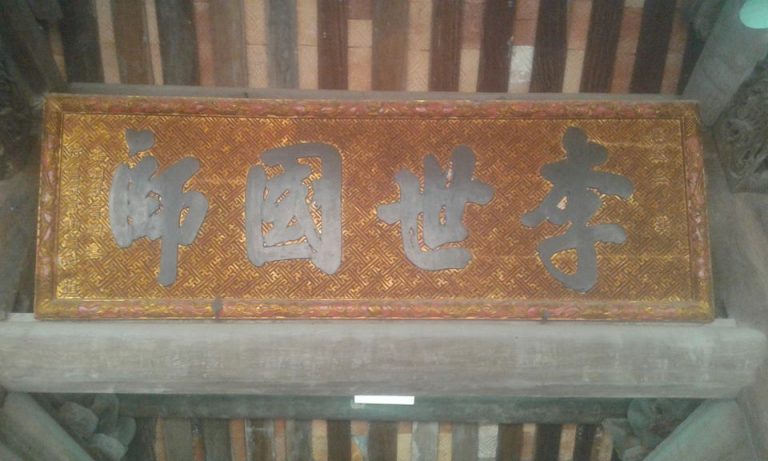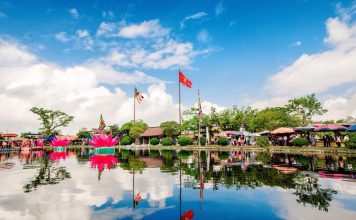Keo Pagoda, formally known as Than Quang Tu (Chinese: 神光寺), is a historic Buddhist temple located in Duy Nhat Commune, Vu Thu District, Thai Binh Province. It is one of Vietnam’s ancient pagodas. Due to its exceptional cultural and historical significance, Keo Pagoda has been recognized as a National Historical and Cultural Site and later as a Special National Heritage Site.
The pagoda is dedicated to the worship of Buddha, as well as the venerated monk Duong Khong Lo and those who contributed to its construction. An inscription on the “Than Quang Tu Bi” stele, erected in the 19th year of the Chinh Hoa reign (1698) and composed by Dr. Do Viet Ho, states:
“Than Quang Pagoda is the place where Zen Master Khong Lo attained enlightenment and to which he dedicated great effort in its construction. Over time, the pagoda fell into disrepair, prompting generous patrons to fund its restoration.”
Among the notable contributors to its reconstruction were many members of the royal court and nobility, such as Hoang Nhan Dung, Nguyen Van Tru, Trinh Thi Ngoc Tran, and Lai Thi Ngoc Le.
In 2017, the Keo Pagoda Festival was officially recognized as a National Intangible Cultural Heritage. The pagoda hosts two annual festivals. The Spring Festival takes place on the 4th day of the first lunar month, while the Autumn Festival is held from the 13th to the 15th of the ninth lunar month, marking the birth (13/9) and passing (14/9) of Saint Duong Khong Lo. These festivals attract tens of thousands of pilgrims each year. With unique spiritual rituals such as the “khai chi” (opening of the sacred decree), Buddhist and saintly ceremonies within the inner sanctum, and the grand procession of Duc Thanh (the Holy Saint), the festival embodies the rich cultural traditions of the Red River Delta.
Keo Pagoda stands as a remarkable testament to Vietnam’s folk heritage and historical legacy. Beyond its architectural artistry, the pagoda nurtures a deeper appreciation for Vietnamese culture, instilling a sense of pride and reverence for the homeland and its people.

!["[KTMH] Trailer | WHAT TO DO TO MAKE SUMMER HOLIDAYS MORE MEANINGFUL?"](https://i3.ytimg.com/vi/s0VUGa1v6uw/maxresdefault.jpg)

.jpg)

.jpg)